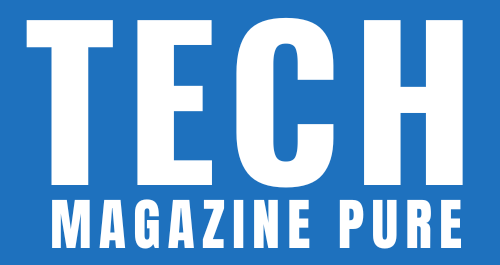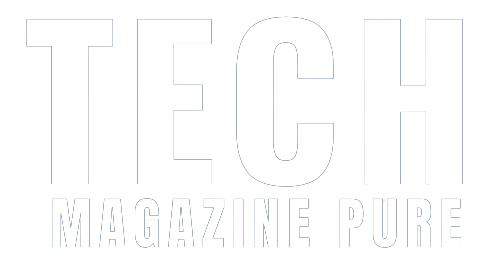In the competitive landscape of Customer Relationship Management (CRM) software, SugarCRM and Salesforce have emerged as two prominent contenders, each offering powerful solutions to help businesses manage their customer interactions effectively. As organizations seek to implement a CRM system that aligns seamlessly with their needs, it is crucial to understand the distinct features and strengths of each platform. In this article, we will conduct a thorough comparison of SugarCRM vs Salesforce, shedding light on their key differences and helping you make an informed decision for your CRM investment.
SugarCRM Emphasizing Flexibility and Customization
SugarCRM prides itself on being a highly flexible and open-source CRM platform, making it an appealing choice for businesses seeking extensive customization capabilities. With a user-friendly interface, SugarCRM places significant emphasis on customer engagement and relationship-building.
Key Features of SugarCRM
- Customization: SugarCRM offers unparalleled customization options, enabling businesses to tailor the platform to their unique workflows and specific business needs.
- Customer Engagement: The platform provides lead management, opportunity tracking, and sales automation tools to foster better customer engagement and enhance sales processes.
- Deployment Options: SugarCRM offers both cloud-based and on-premises deployment, catering to businesses with different hosting preferences and data security requirements.
- Workflow Automation: SugarCRM enables users to automate repetitive tasks, streamlining business processes and improving overall team productivity.
- Collaboration and Reporting: The platform fosters team collaboration through shared calendars, document management, and real-time reporting, promoting efficient teamwork.
Salesforce: A Pioneer in Cloud-Based CRM
Salesforce stands as a pioneer in cloud-based CRM, offering a comprehensive suite of features designed to streamline sales, marketing, and customer service processes. It caters to businesses of all sizes and industries.
Key Features of Salesforce
- Sales Cloud: Salesforce’s Sales Cloud provides robust tools for lead management, opportunity tracking, and sales forecasting, empowering sales teams to close deals efficiently.
- Marketing Cloud: The Marketing Cloud offers advanced marketing automation capabilities, enabling targeted campaigns, email marketing, and comprehensive customer journey tracking.
- Service Cloud: Salesforce’s Service Cloud streamlines customer support with features like case management, knowledge base, and omnichannel support, enhancing customer satisfaction.
- AI-Powered Insights: Leveraging artificial intelligence (AI), Salesforce provides predictive analytics, personalized recommendations, and intelligent lead scoring to improve sales performance.
- Integration Ecosystem: Salesforce offers seamless integration with numerous third-party applications through its extensive AppExchange marketplace, enhancing its adaptability.
SugarCRM vs. Salesforce A Comparative Overview
- Scalability: Salesforce is well-suited for enterprises and large-scale organizations, while SugarCRM caters to businesses of all sizes, including smaller enterprises.
- Customization: SugarCRM offers greater customization freedom due to its open-source nature, allowing businesses to adapt the CRM to their specific workflows.
- User-Friendliness: SugarCRM is often praised for its user-friendly interface and straightforward navigation, making it appealing to users at all levels of technical proficiency.
- Integration: Salesforce boasts a larger ecosystem of third-party integrations through AppExchange, providing seamless integration with numerous business tools.
- Pricing: SugarCRM generally offers more budget-friendly pricing options, particularly for businesses with specific customization requirements.
SugarCRM and Salesforce are both powerful CRM solutions, each with its unique strengths. SugarCRM stands out for its flexibility, customization capabilities, and user-friendly interface, making it an excellent choice for businesses of all sizes seeking a tailored CRM solution. On the other hand, Salesforce’s extensive feature set, AI-driven insights, and wide adoption in the market make it an ideal fit for larger enterprises with complex needs.
Ultimately, the decision between SugarCRM and Salesforce depends on your specific requirements, budget, and scalability needs. Carefully evaluating their features and aligning them with your CRM objectives will help you select the CRM platform that best suits your organization’s needs, ensuring a seamless and productive customer relationship management experience.


